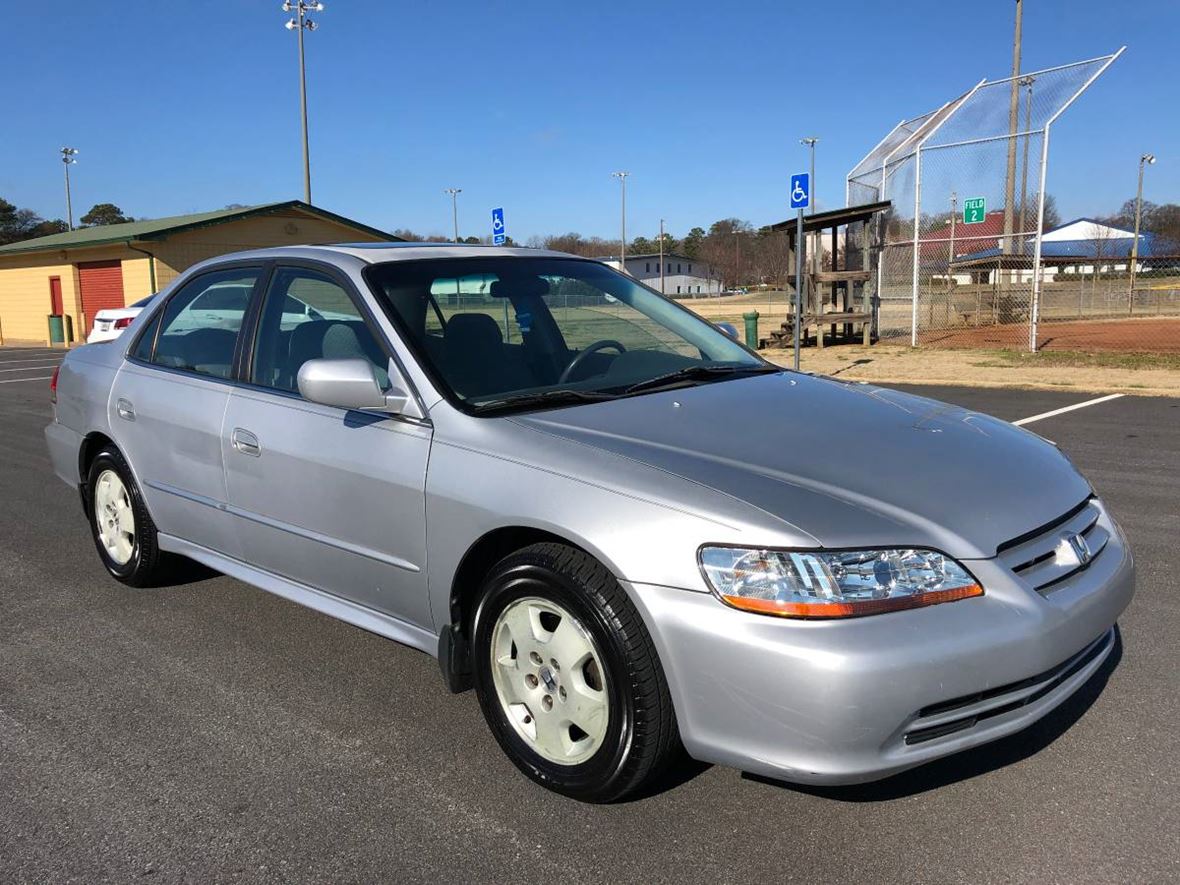

Sorry, I didn't have time to research the multiplex units and what controls what. So, for example if the driver's multiplex also controls the seat controls, try the seats when the car is fluttering the lights. From memory I think the two components are controlled by the driver's multiplex. If problems with other components it may suggest that particular multiplex unit is beginning to go bad. And then test the operation/flickering of the other components controlled by that particular multiplex unit. Last resort find out if the cluster and interior lights are controlled by the driver's or passenger side multiplex unit. Was your new alternator OEM? I'm also going to assume you're getting the correct voltage with engine on (14.4V), though that should not make any difference.Ĭheck the door switches that controls the lights, although it shouldn't have any relationship with the cluster lights. I think the worn plugs were occasionally drawing more load and making things flicker. They would have probable broken if tapped lightly with a screwdriver. I Inspected their spark plugs and sure enough they were cooked and probably 30,000 miles overdue. There are a number of things that can cause a fuse to blow, and not all are expensive to. The problem could be attributed to the fuse's circuit or its amperage rating could be off, but don't panic. So you've changed the tail lights' fuse in your Honda Accord, but it continues to blow out. No codes were thrown until two weeks later, which said engine misfiring in two cylinders. This article applies to the Honda Accord (1990-2002). I checked all grounds and both positive and negative connections but to no avail.

I had a family member's non-honda with sporadic dimming/fluttering of headlights/interior lights/cluster lights.


 0 kommentar(er)
0 kommentar(er)
